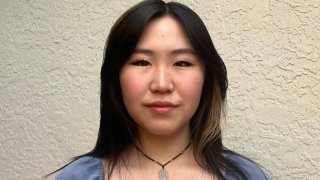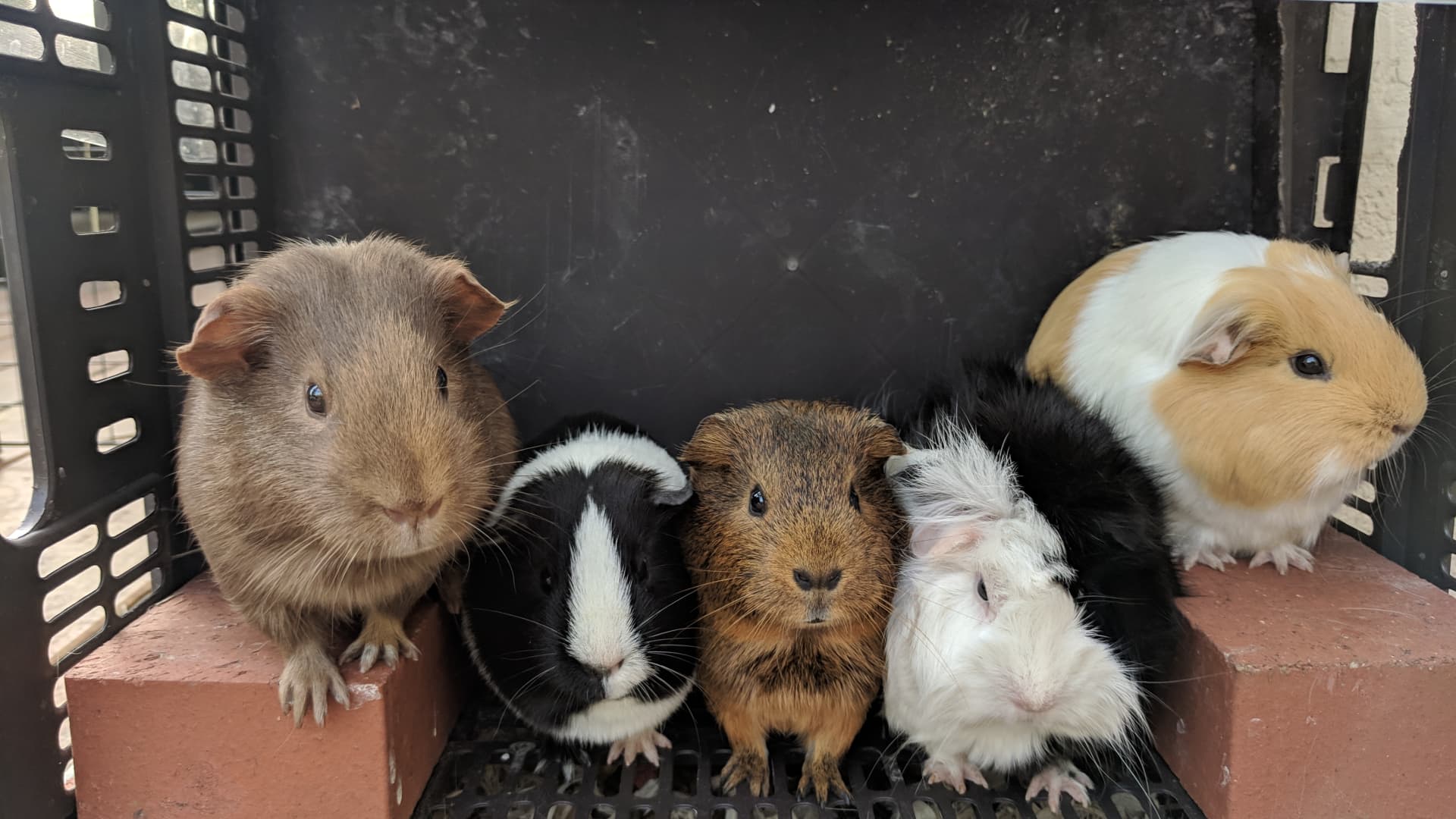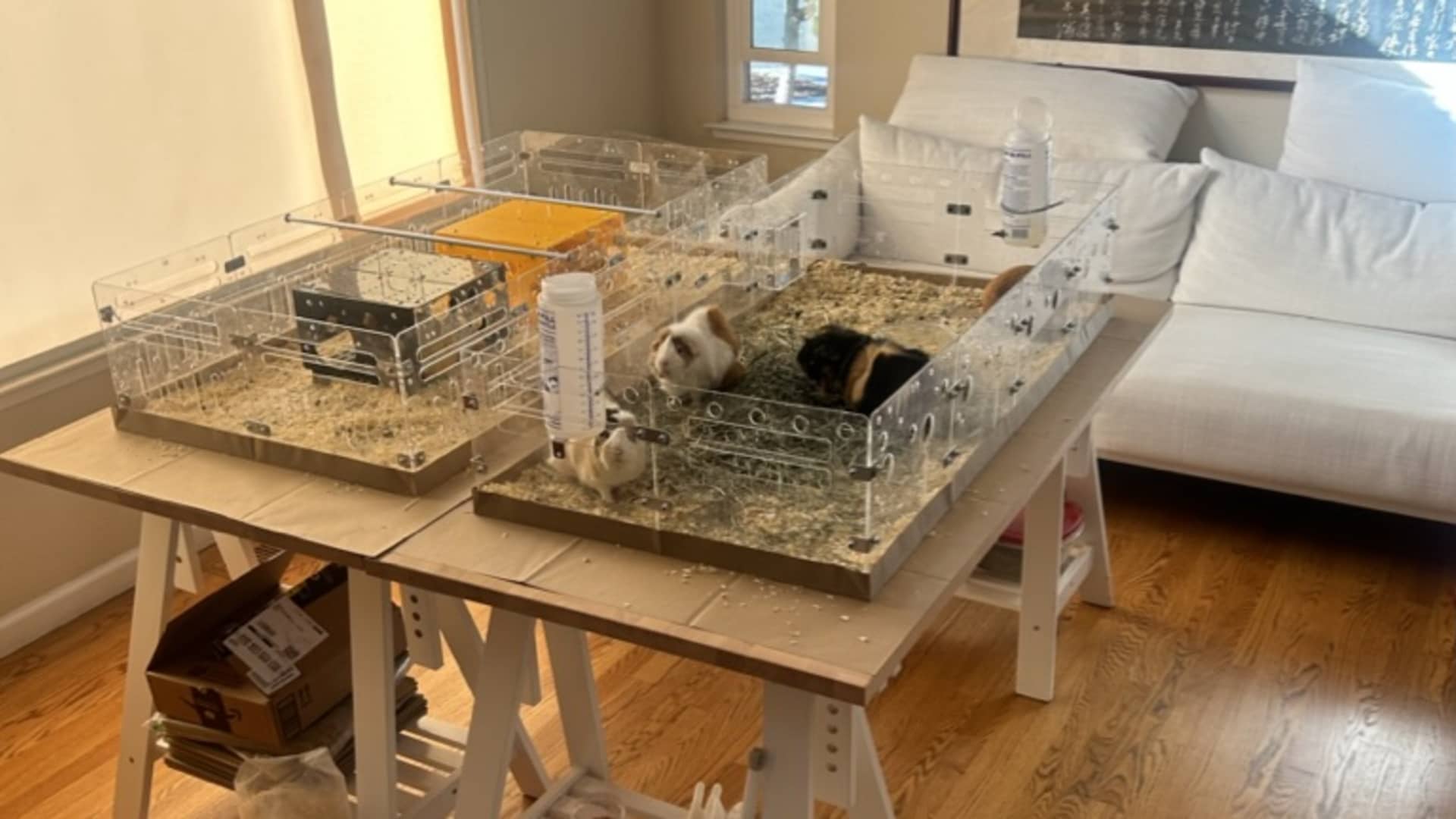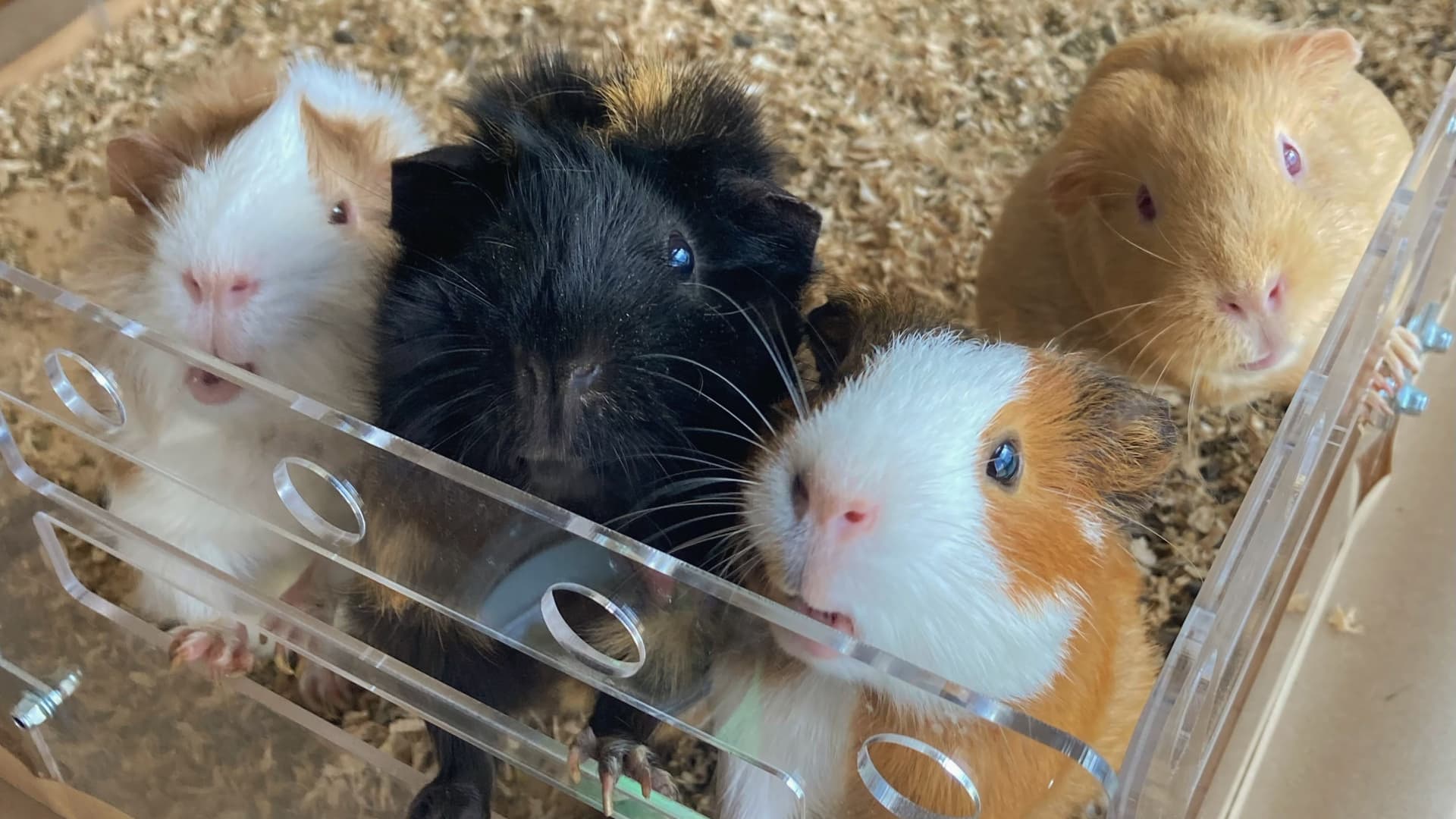
At age 12, Bella Lin had a problem. Her guinea pigs were disappearing.
In those days, Lin let her three guinea pigs roam her parents' grassy, fenced-in backyard just outside of San Francisco. It was better than the alternative, she thought: The two-pound creatures "looked miserable" in their cramped, "prison-barred" cage, Lin, now 17, tells CNBC Make It.
She assumed the first, Snoopy, had escaped and she continued letting her guinea pigs outside — until her dad watched an eagle fly away with another, she recalls. Determined to keep the pets out of traditional cages, she started drawing prototypes.
Lin, a senior at Khan Lab School in Mountain View, California, went through several models and invested roughly $2,000 from her savings to launch her side hustle GuineaLoft on Amazon in November 2022.
Get a weekly recap of the latest San Francisco Bay Area housing news. Sign up for NBC Bay Area’s Housing Deconstructed newsletter.
It sold nearly 11,000 cages and brought in more than $410,000 last year — roughly $34,000 per month, on average — according to documents reviewed by Make It.
In addition to a full academic course load, extracurriculars and college applications, Lin works about 20 hours per week on GuineaLoft, she says. Here's how she built a side hustle so successful that she's considering delaying college to concentrate on her business.
An unprofitable side hustle led to an 'epiphany'
Money Report
Lin told her dad, a computer programmer, that she wanted to create a better cage. He had a connection to a family-owned factory in China through a former client, and he made an introduction, Lin says.
After a year of mocking up prototypes, Lin got distracted by a different idea: She wanted to sell athleisure for girls at a lower price point than large, trendy brands. She researched, found another factory in China, connected with it, and made a business plan to sell leggings starting at $23.

That side hustle, called TLeggings, launched in July 2019. It brought in roughly $300,000 in revenue in 2020, she says. It also earned Lin a spot at BizWorld, a project-based entrepreneurship program for 16- to 22-year-olds.
She completed a 12-week curriculum and worked with a business mentor, but failed to win the pitching contest — and any prize money — at the end of the program. It was one of a few signs that TLeggings was fizzling out: Despite the lofty revenue numbers, the company was never profitable, and Lin struggled to keep up with her competitors.
She shuttered it in early 2022, and refocused on GuineaLoft.
"I had a weird epiphany [where] I kind of realized there are a lot of other companies trying to [make leggings]," Lin says. "There was no innovation there, whereas with GuineaLoft, I could fill a really big gap in the market."
Tinkering between classes and late at night
Lin realized her early prototypes were promising, but imperfect.
Traditional guinea pig cages are made with bars, roofs and either tarp or plastic bottoms. They are difficult to clean, Lin says, and often reek of excrement.
Her early glass, open-floor enclosures allowed for more visibility and mobility, and featured a two-tiered bottom. Dirty bedding could be pushed into a removable plastic tray. But the glass was too expensive to ship, and her smaller guinea pigs' feet got stuck in the floor.

Lin rearranged her schedule so she could do her homework in between periods at school. She stayed up late to research and virtually test products with her six-person team in China — a manufacturing lead who works for the factory, and five full-time GuineaLoft employees who'd previously worked with Lin's dad or the factory's leadership.
Those six people source, manufacture, package and photograph the products, says Lin. She manages GuineaLoft's product design, pricing, marketing — TLeggings taught her a lot about social media in particular, she says — and overall business strategy.
Ultimately the company went with acrylic instead of glass and constructed replaceable bottoms from biodegradable, wax-coated paper — similar, Lin says, to "airplane barf bags."
The bottoms are easy to throw out, which is good for business: Once satisfied GuineaLoft customers run out, they have to come back to Lin's Amazon store to restock.
Winning a $10,000 competition
The factory produced 100 cages in its first batch. Lin was elated when three sold in the first couple of hours.
Within two weeks, all 100 were gone "with no marketing," she says. She re-applied to BizWorld last year, and won $10,000 in investment funds from the pitching competition. That money will go toward adding accessories and new cages for different types of small pets, like rabbits and hamsters, she says.

The company's 25% profit margin on individual cages is immediately reinvested into marketing, audience research and the development of new products, Lin says.
That means she's not pocketing any cash for herself yet — but while she's applying to colleges, she's also considering taking a gap year after graduating high school to visit the factory in China, learn more about production and grow her business.
"Witnessing the tangible effects of [GuineaLoft cages] through customer reviews and emails is empowering," Lin says. "As someone who once placed great emphasis on academic validation, the success ... of [my side hustle] has boosted my confidence in navigating life beyond high school."
DON'T MISS: Want to be smarter and more successful with your money, work & life? Sign up for our new newsletter!
Get CNBC's free Warren Buffett Guide to Investing, which distills the billionaire's No. 1 best piece of advice for regular investors, do's and don'ts, and three key investing principles into a clear and simple guidebook.






